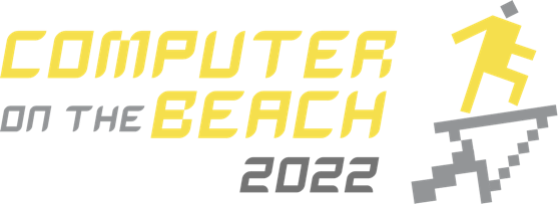

People with amputation go through several challenges, many of
which are carried daily. The loss of functionality of the amputated
limb can make some tasks difficult to perform, reducing their au-
tonomy and quality of life. The use of robotic prostheses offers the
possibility of returning elaborate movements that were previously
lost. Through sensors and motors, robotic prostheses are capable
of performing user-controlled movements, allowing the partial or
complete return of lost movements. This work presents the results
obtained with a classifier trained with support vector machines for
the identification of movements through electromyography signals,
obtained through non-invasive acquisition using surface electrodes.
The results presented are part of several tests that will be carried
out for the development of a control system for low cost robotic
prostheses. In this paper, an average of 85% accuracy was obtained
for classifiers trained from 3 features extracted from the frequency
domain.






O Computer on the Beach é um evento técnico-científico que visa reunir profissionais, pesquisadores e acadêmicos da área de Computação, a fim de discutir as tendências de pesquisa e mercado da computação em suas mais diversas áreas.

